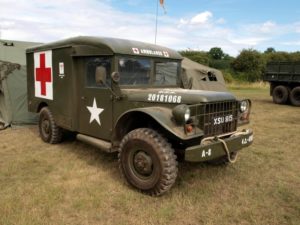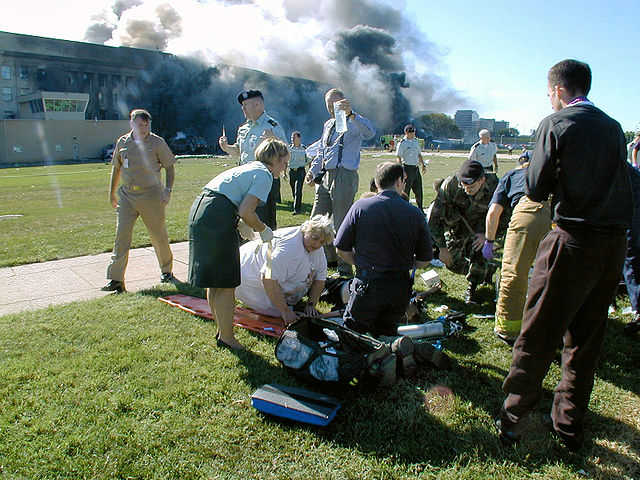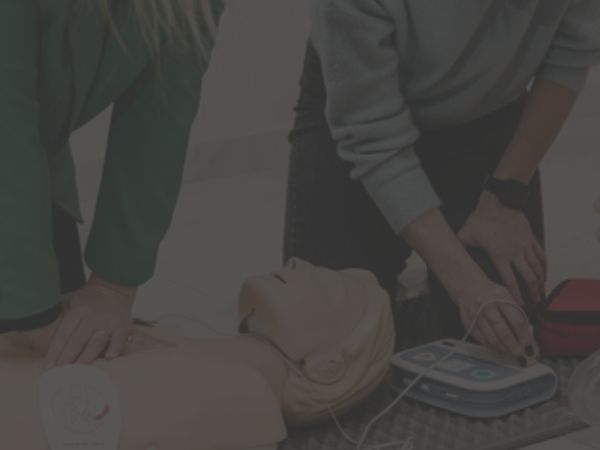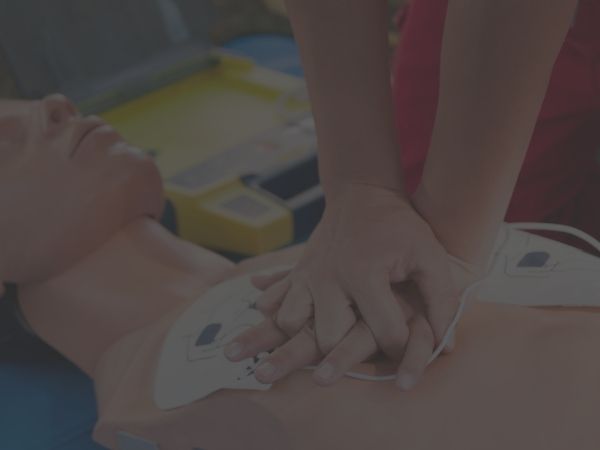Your cart is currently empty!
Introduction to Tactical Combat Casualty Care (TCCC)
History Behind Tactical Combat Casualty Care (TCCC)

Tactical Combat Casualty Care (TCCC) is a combat lifesaver course that outlines the priorities of medical care for casualties in combat-related situations as faced in military and law enforcement applications. Initially, it was developed developed for U.S. Special Operations Forces in 1996 but has become an international standard for trauma life support in prehospital combat medicine. Nearly 90% of combat-related fatalities occur before reaching a medical treatment facility, where high-quality prehospital emergency care reduces mortality rates resulting from a life-threatening injury sustained in duty. The TCCC working group includes physicians specializing in family, internal, and emergency medicine, physician assistants, medical educators, and combat paramedics. However, a TCCC course provides tactical medical training for a range of personnel, offering a range of high-yield life-saving guidelines and recommendations.
What TCCC Training Consists of
TCCC training is divided into three phases (care under fire, tactical field care, and tactical evacuation care) and only permits certain interventions to be performed in specific phases based on the danger to the provider and casualty.
Care Under Fire
The initial phase, care under fire, is unique to military and law enforcement applications compared to civilian prehospital scenarios. The priority remains on attaining fire superiority and minimizing additional injury to the casualty and other team members. As the opposing combatants are suppressed, providers can move casualties to a more secure area. The only medical intervention attempted during the current phase is the early application of tourniquets to halt life-threatening hemorrhaging.
Tactical Field Care

The subsequent phase, tactical field care, emphasizes establishing a security perimeter, maintaining situational awareness, triaging casualties, and providing medical care according to the MARCH algorithm: massive bleeding, airway management, respiration/breathing, circulation, and hypothermia prevention. Other interventions during the phase of providing tactical field care include addressing penetrating eye trauma, initiating advanced monitoring, and providing analgesia.
Tactical Evaluation Care
The final phase, tactical evacuation, consists of the same assessment and management included in the second phase but with an additional focus on advanced procedures as applicable during transportation to facilities that can provide higher-level medical care.
Importance Behind TCCC
The overall object of TCCC is to teach service members, either in the military or law enforcement, how to effectively treat combat casualties while preventing additional injuries and completing the mission at hand. Since the TCCC skills could bring value in extreme situations outside the battlefield, it is important to first complete the CPR and first aid techniques that are also the basis for TCCC medical training.
Share your experience with TCCC in the comments section below or join the discussion about it on Facebook.
Keep Reading
2 responses
You are welcome! We are happy to hear you enjoyed it!










Thank you very much for the TCCC history,i like it